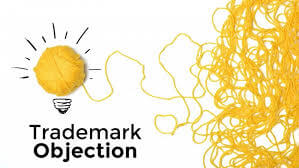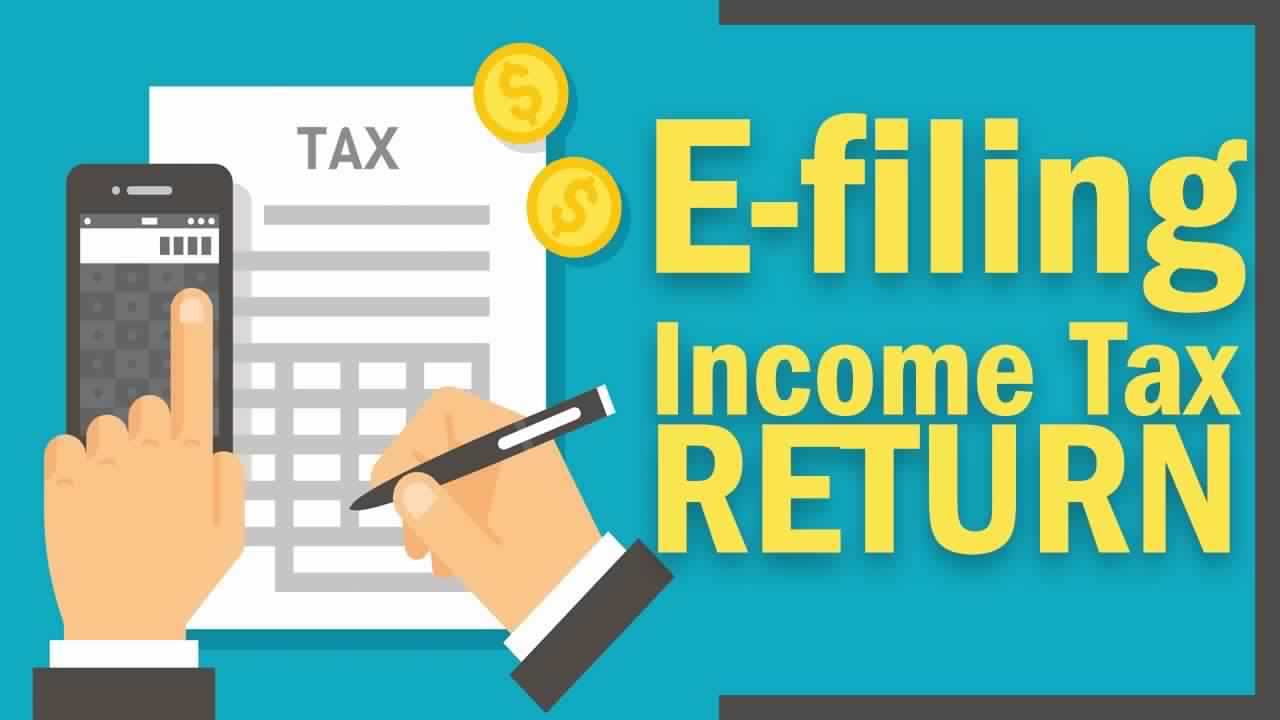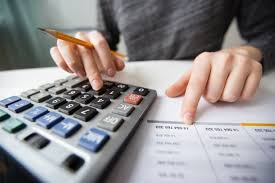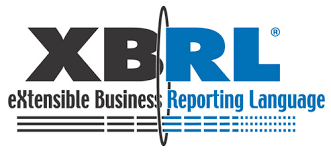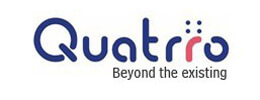CHEQUE BOUNCING
A Cheque is a bill of exchange drawn upon a specified banker and is payable only demand by the payee. The person who issues a cheque is called as 'drawer' and the person in whose favor the cheque is issued is called as 'drawee’. Cheque Bouncing is a situation, when the cheque is returned back unpaid by the bank, it can be termed either as dishonored or bounced. When the cheque is bounced for the first time, the bank issues a ‘cheque return memo’ along with the reason for the non-payment. The Negotiable Instruments Act, 1881 is applicable in case of dishonour of a cheque.
Some of the reasons why a cheque is generally bounced-
1. Signature not matching,
2. There is overwriting on the cheque,
3. Insufficient balance in the accounts,
4. Mismatch account number,
5. Insolvency of a customer, etc.
Penalty for Cheque Bouncing
Cheque bouncing falls under Section 138 of Negotiable Instruments Act, 1881, according to which issuing a cheque which is further bounced is a criminal offence with hefty fine in terms of jail or monetary penalties.
In normal cases the court can levy fine upto 2 times of the amount required to be paid through cheque and sometimes courts can also order for jail term which normally is 1 year and may increased upto 2 years. When the offence is grave and serious, Court may levy both the penalties like jail and monetary penalty. It’s always better to follow the rules under Section 138 of Negotiable Instruments Act, 1881 to get quick resolution.







